
Independence Day celebrations worldwide showcase each country’s unique heritage, cultural traditions, and historical milestones. Here are some notable Independence Day celebrations:
1. United States – July 4

- Known as the “Fourth of July,” the U.S. Independence Day commemorates the adoption of the Declaration of Independence in 1776.
- Celebrations include fireworks, parades, concerts, barbecues, and patriotic displays across the country. Many major cities, like Washington, D.C., New York, and Boston, host grand firework shows and patriotic concerts.
2. India – August 15
- India’s Independence Day marks its liberation from British colonial rule in 1947.
- Celebrations begin with the Prime Minister’s address at the Red Fort in Delhi, where the national flag is hoisted. The day is marked by cultural events, kite flying, and ceremonies across the country.
3. Mexico – September 16
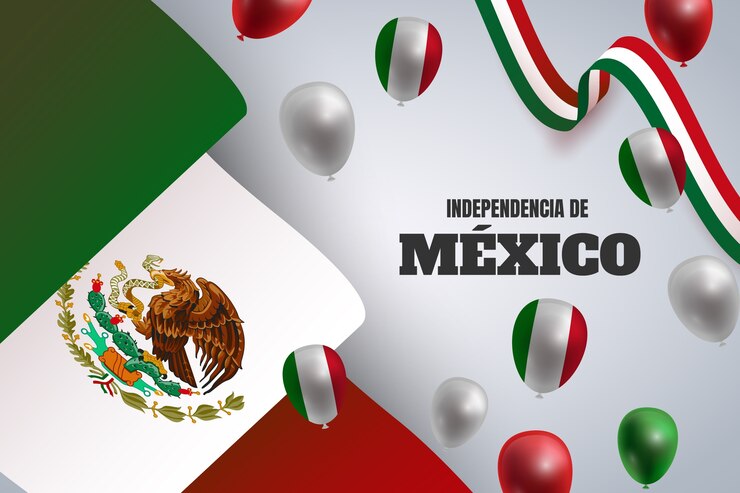
- Mexico’s Independence Day, or “El Grito de Dolores,” marks the start of the Mexican War of Independence from Spain in 1810.
- Celebrations start on the evening of September 15 with the reenactment of the “Cry of Dolores” led by the President from the National Palace in Mexico City. The next day is filled with parades, fireworks, and festivities with traditional food, music, and dances.
4. France – July 14 (Bastille Day)
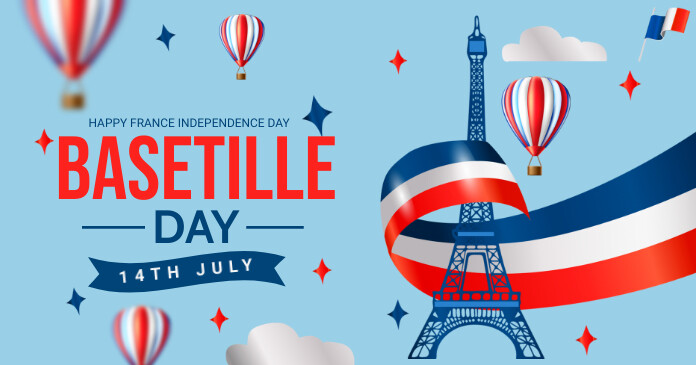
- Although not an Independence Day, Bastille Day commemorates the 1789 storming of the Bastille prison, marking the beginning of the French Revolution.
- The day is celebrated with a military parade on the Champs-Élysées in Paris, fireworks by the Eiffel Tower, and various cultural events across France.
5. Brazil – September 7
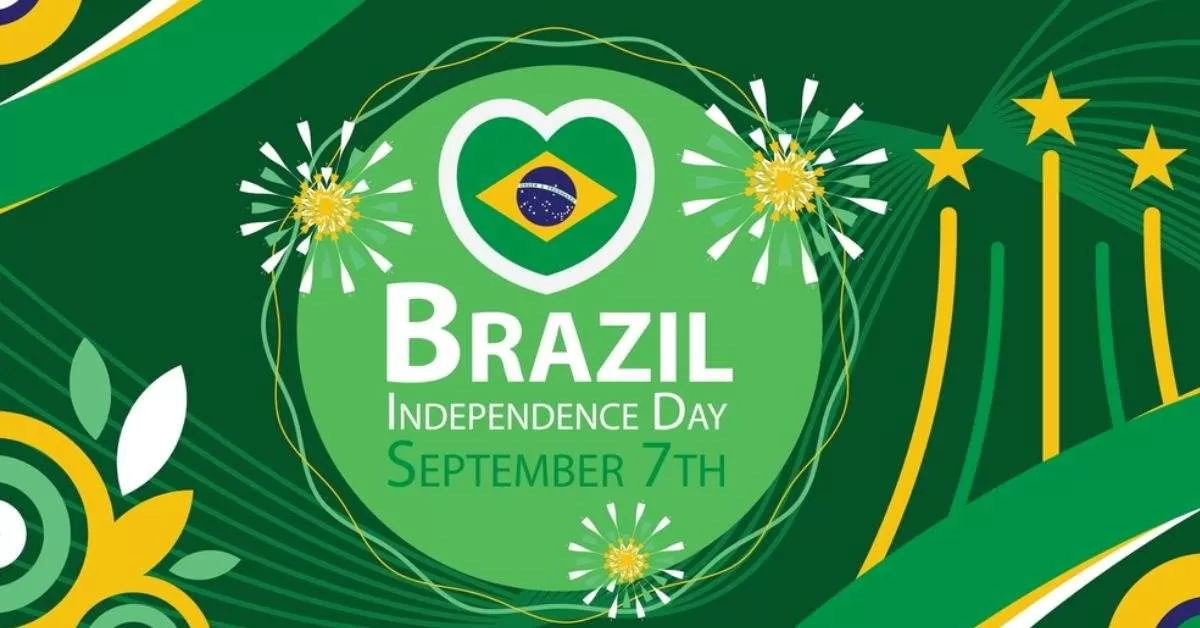
- Brazil celebrates its independence from Portugal, achieved in 1822.
- In the capital, Brasília, a military parade is held, and other cities host celebrations with music, dancing, and fireworks.
6. Indonesia – August 17
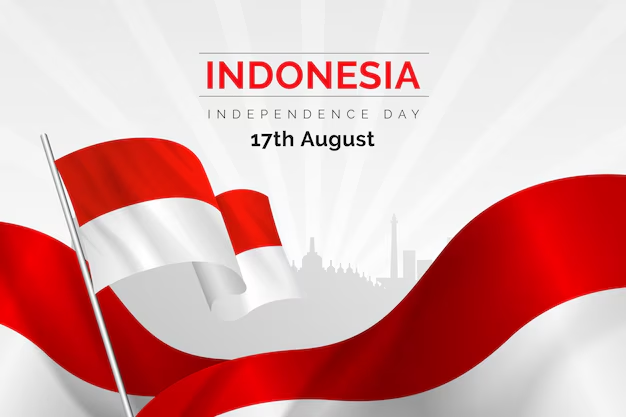
- Indonesia’s Independence Day commemorates the day it declared independence from Dutch colonial rule in 1945.
- The celebrations are marked by flag ceremonies, games, and competitions (like “panjat pinang” or climbing greased poles) across the country. Major cities hold parades and cultural events.
7. Ghana – March 6
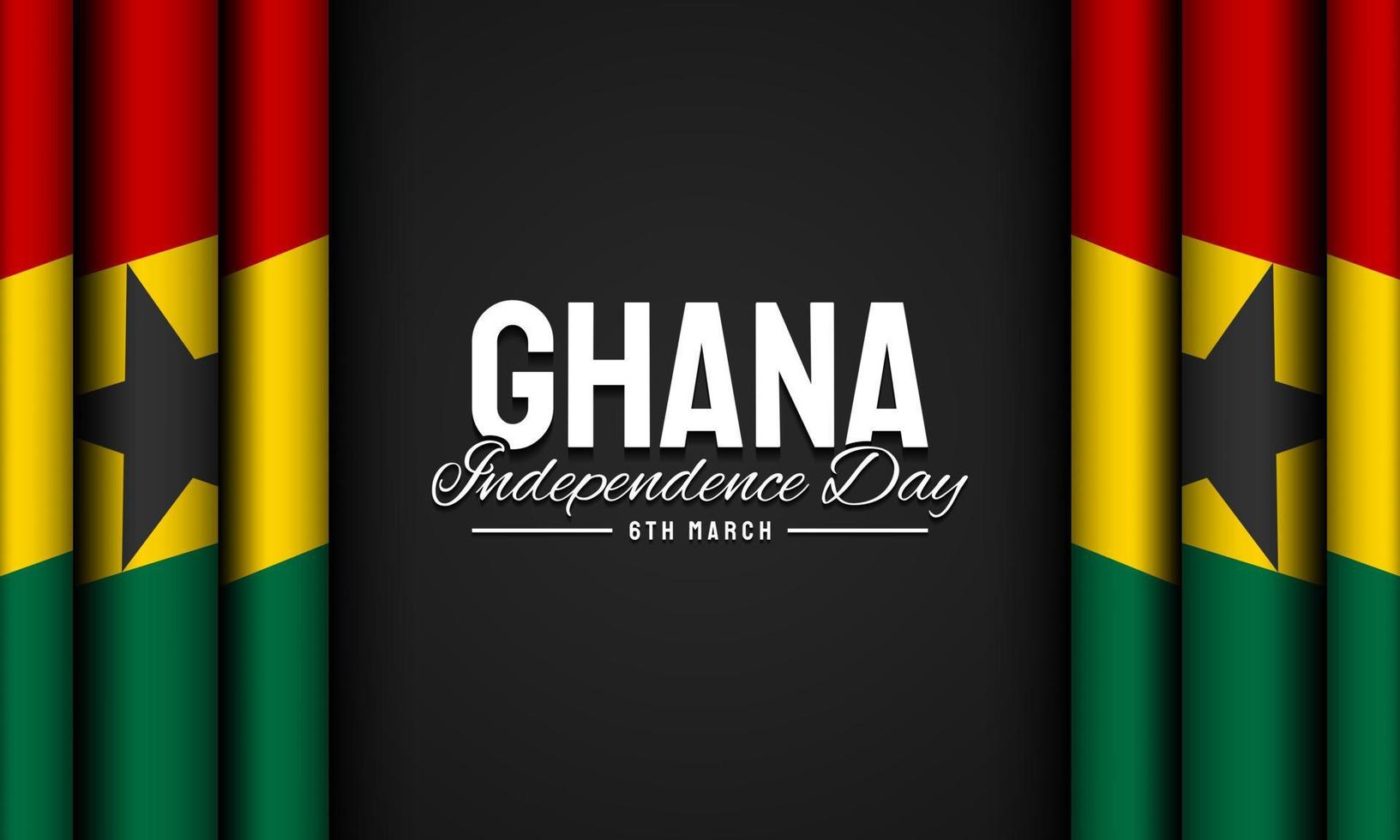
- Ghana’s Independence Day celebrates its 1957 independence from British rule, making it the first sub-Saharan African country to gain independence.
- In Accra, the capital, there’s a grand parade, and the day is celebrated with cultural displays, music, and dance performances across the country.
8. South Africa – April 27 (Freedom Day)
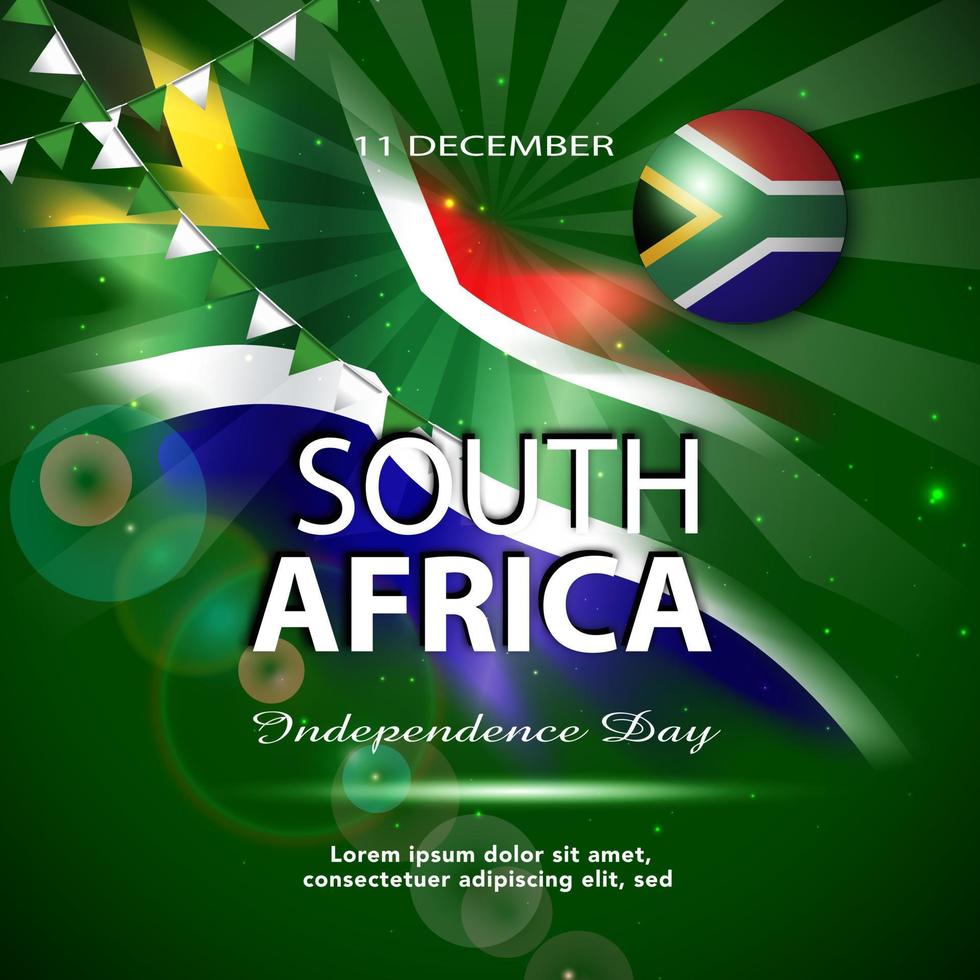
- Freedom Day celebrates the 1994 first democratic elections in South Africa, ending decades of apartheid.
- Events often include speeches, concerts, and cultural performances celebrating freedom, unity, and diversity.
9. Singapore – August 9
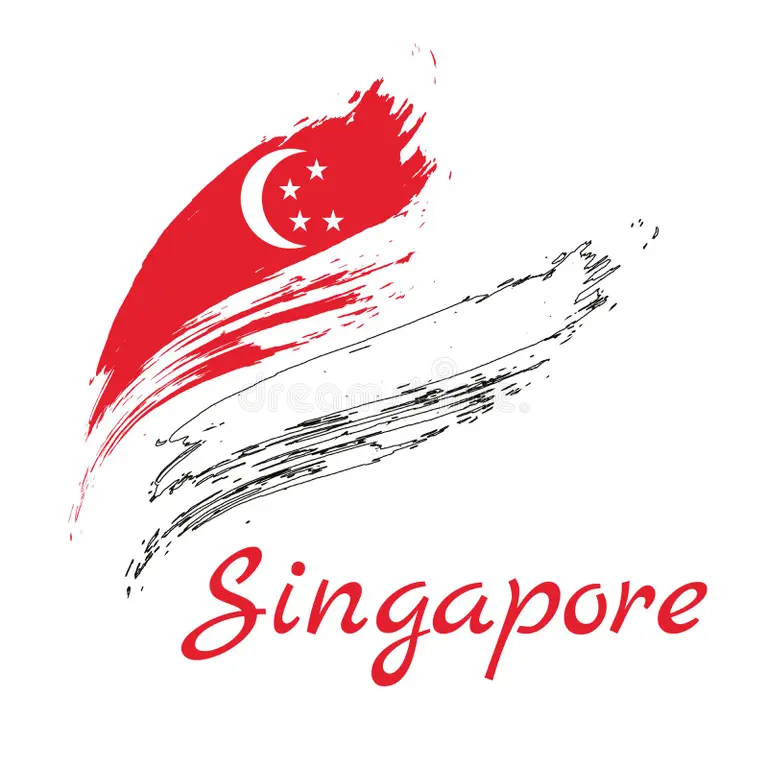
- Singapore celebrates its separation from Malaysia and independence in 1965.
- Celebrations include the National Day Parade, where there are aerial fly-pasts, fireworks, and multicultural performances, showcasing Singapore’s diversity.
10. Philippines – June 12

- The Philippines celebrates its independence from Spanish colonial rule in 1898.
- The day is marked by flag-raising ceremonies, parades, and cultural events. There are also reenactments of key historical events and displays of national pride.
11. Pakistan – August 14
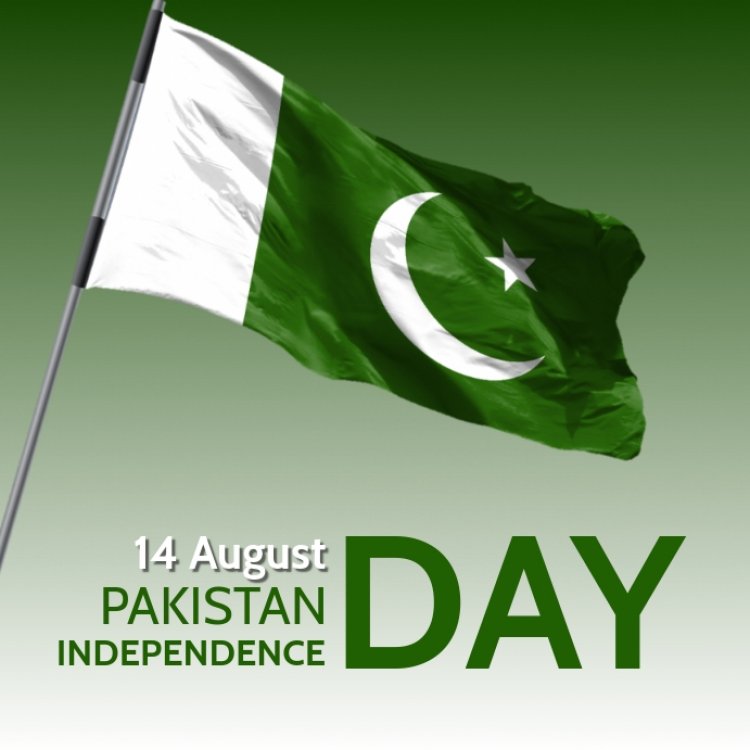
- Pakistan’s Independence Day commemorates its creation as an independent country in 1947, following the partition of British India.
- Celebrations include flag-raising ceremonies, parades, fireworks, and cultural events. The main ceremony is held in Islamabad, with speeches by national leaders.
12. Norway – May 17 (Constitution Day)
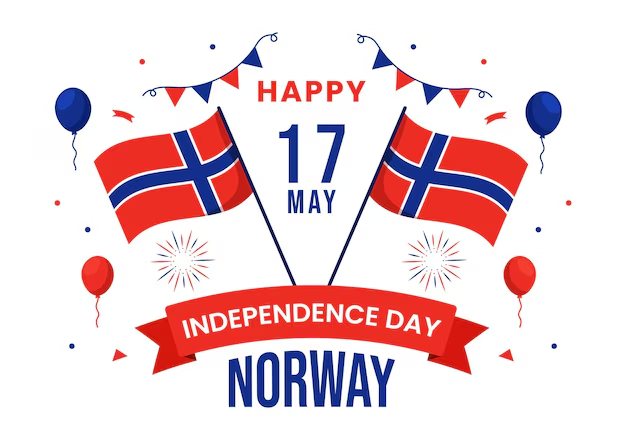
- Known as Syttende Mai, Norway’s Constitution Day celebrates the signing of its constitution in 1814.
- Norwegians dress in traditional costumes (bunads) and participate in parades, especially of children, throughout the country. The celebrations include music, speeches, and lots of ice cream and hot dogs.
13. Vietnam – September 2
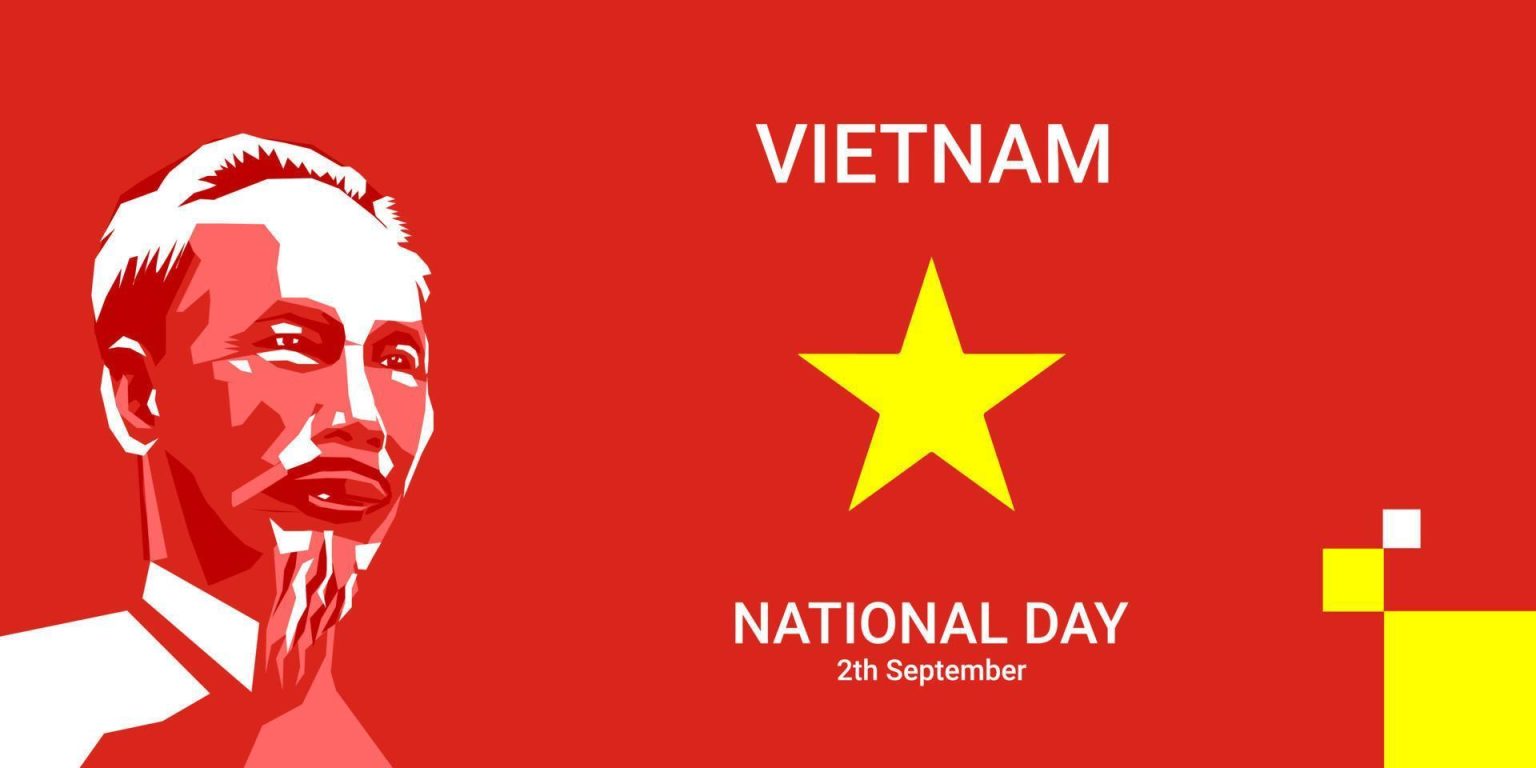
- Vietnam’s Independence Day celebrates its declaration of independence from France in 1945.
- The day is marked with parades, fireworks, and cultural performances, especially in Hanoi. It is a time for patriotism and celebration of Vietnamese resilience.
14. Italy – June 2 (Festa della Repubblica)

- Although not a traditional Independence Day, Festa della Repubblica commemorates Italy’s shift to a republic in 1946, following World War II.
- Celebrations include a military parade in Rome, cultural exhibitions, and the Italian Air Force’s fly-past.
These celebrations are not only about honoring independence but also about national pride, unity, and a sense of belonging across diverse cultures.
Leave a Reply